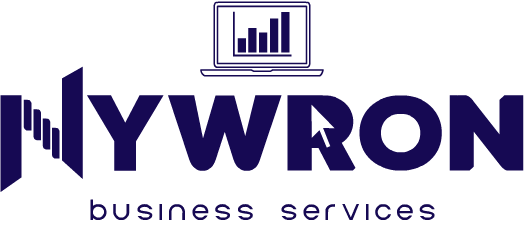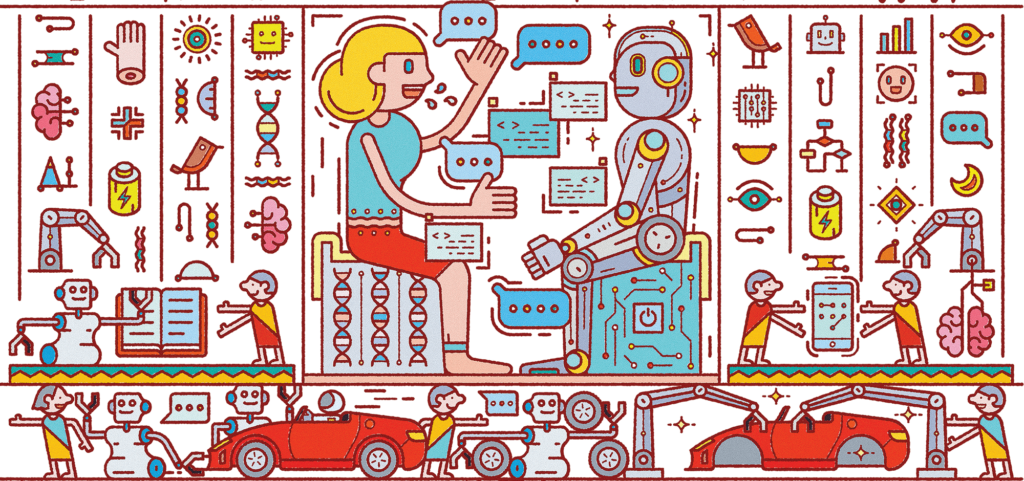Artificial intelligence (AI) is rapidly transforming the marketing landscape. From chatbots that answer customer inquiries to algorithms that personalize ad campaigns, AI is automating tasks, delivering data-driven insights, and creating a new era of customer engagement. But is AI a marketer’s ultimate weapon, or is there more to the story?
The Benefits of AI in Marketing
AI offers a treasure trove of advantages for marketers, including:
- Enhanced Personalization: AI can analyze customer data to understand preferences and behaviors. This allows marketers to tailor content, recommendations and offers for each individual, leading to higher engagement and conversion rates.
- Boosted Efficiency: Repetitive tasks like email marketing, social media scheduling, and data analysis can be automated using AI. This frees up marketers’ time to focus on strategic planning and creative endeavors.
- Optimized Campaigns: AI can analyze marketing campaign performance in real-time, identifying what’s working and what’s not. Marketers can then adjust strategies on the fly for maximum impact.
- Data-Driven Decisions: AI can uncover hidden patterns and trends in customer data, providing marketers with valuable insights to inform campaign development, budget allocation, and product strategy.
The Shortfalls of AI in Marketing
While AI is a powerful tool, it’s not without its limitations:
- Data Privacy Concerns: AI thrives on data, but collecting and using customer information raises privacy issues. Marketers need to ensure transparency and compliance with data protection regulations.
- Bias and Fairness: AI algorithms can perpetuate biases present in the data they’re trained on. This can lead to discriminatory marketing practices. Careful data selection and algorithmic auditing are crucial.
- Lack of Creativity: While AI can generate content, it may struggle with the nuanced creativity that resonates with audiences. Human expertise remains essential for crafting compelling marketing messages.
- Implementation Challenges: Implementing AI technology in marketing requires significant investment in infrastructure, talent, and training. Small and medium-sized businesses (SMBs) may face challenges in adopting AI due to cost constraints and limited resources, potentially widening the gap between large corporations and smaller competitors.
The Future of AI in Marketing
Despite the challenges, AI is revolutionizing marketing. As the technology that drives AI in marketing, continues to evolve, we can expect even more sophisticated applications, such as:
- Hyper-personalized customer experiences: Imagine AI-powered chatbots that provide real-time product recommendations or virtual assistants that tailor marketing content to a customer’s emotional state.
- Predictive marketing: AI will anticipate customer needs and wants, allowing marketers to deliver targeted messages and offers before customers even know they need them.
- Rise of marketing automation platforms: AI-powered platforms will automate entire marketing campaigns, from lead generation to nurturing and conversion.
The Takeaway
AI is a powerful tool for marketers, but it’s not a replacement for human ingenuity. By understanding both the benefits and shortfalls of AI, marketers can leverage this technology to create data-driven, personalized, and effective marketing campaigns that drive real results. Remember, AI is best used to augment human capabilities, not replace them.

